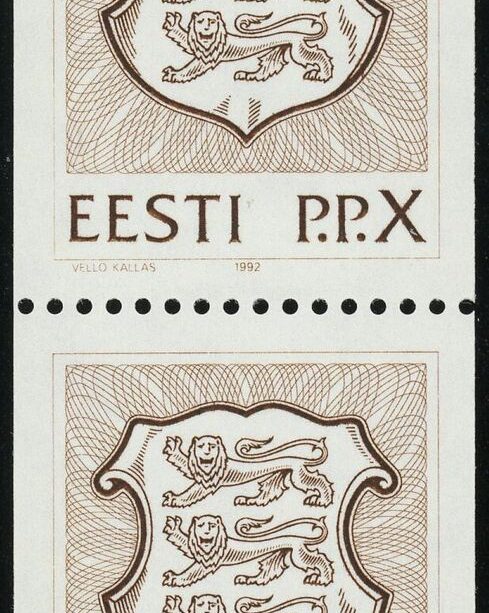Estonia: A Modern Baltic Nation with a Rich History

Introduction
Estonia, a small nation in Northern Europe, has gained prominence in recent years due to its remarkable digital transformation and unique cultural heritage. Bordering the Baltic Sea and sharing borders with Latvia and Russia, this country is not only strategically important in the region but also a rising tech powerhouse known for its innovative digital solutions.
Significance of Estonia in the Baltic Region
As a member of both the European Union and NATO, Estonia plays a crucial role in maintaining stability in the Baltic region. Its geographical location makes it a key player in regional security discussions, especially considering the geopolitical tensions with Russia. Furthermore, Estonia’s strong commitment to democracy and human rights positions it as a model for other countries in the region.
In recent years, Estonia has developed a reputation as the “Silicon Valley of Europe”. Its e-Residency programme has attracted entrepreneurs from around the world, allowing them to manage businesses online. This initiative, launched in 2014, enables global citizens to establish and run a location-independent business in Estonia, contributing significantly to its economy and international visibility.
Digital Innovation and Economic Growth
With a robust digital infrastructure, Estonia is a pioneer in e-governance and digital services. Most government services are available online, exemplifying a seamless digital society where citizens can conduct their affairs with minimal friction. As a result, Estonia boasts one of the highest digital literacy rates in Europe.
The country’s economy is largely driven by technology and innovation, with a growing start-up culture that encourages investment and job creation. According to a report from the Estonian Ministry of Economic Affairs and Communications, the technology sector accounted for approximately 6% of GDP in 2021, highlighting its importance in shaping the nation’s economic future.
Cultural Heritage and Tourism
Beyond its technological advancements, Estonia has a rich cultural heritage, combining influences from Nordic, Russian, and German traditions. The capital, Tallinn, is a UNESCO World Heritage Site, known for its well-preserved medieval architecture and vibrant arts scene. Estonia’s unique festivals, like the Tallinn Music Week and Parnu Film Festival, showcase its artistic diversity, attracting tourists and encouraging cultural exchange.
Conclusion
In conclusion, Estonia stands out as a unique blend of history and modernity. As a leader in digital transformation, it offers a glimpse into the future of governance and economic innovation. For investors, entrepreneurs, and tourists alike, Estonia remains a fascinating destination rich in opportunities and experiences, solidifying its position as a significant player in the Baltic region and beyond.







